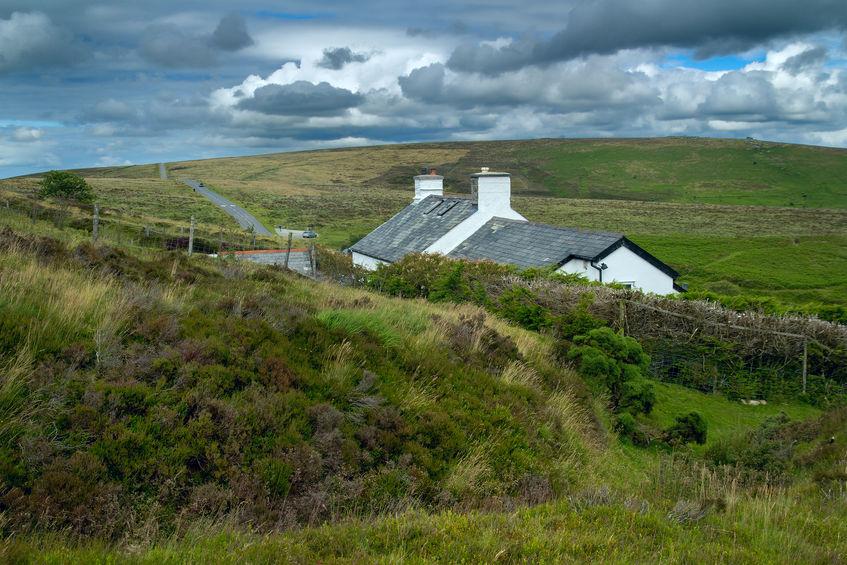
A spike in spring fires has led an insurer to warn rural homeowners to check their chimneys are safe and swept.
New claims data from the rural insurer NFU Mutual reveals that the period from March to April was the worst time for chimney fires over the past three years.
NFU Mutual is advising people with stoves and open fires, relatively common in rural properties, to ensure their chimneys and flues are kept clean, well-maintained and swept on a regular basis by a professional chimney sweep.
This means carrying out checks twice a year if the fire is in frequent or year-round use.
Ross Garner, Home Insurance Specialist at NFU Mutual, said, “While many people may associate gathering round an open fire at Christmas, over the past three years we have seen a spike in chimney fire claims over Easter.
“Cold, dry, spring weather provides the perfect recipe for fire, and one with devastating consequences. A trend for using stoves all year round also seems to be behind the rise.”
“The increase in March and April shows just how important it is to ensure that a flue or chimney is not only swept before the first fire of the season, but if an open fire or wood burning stove is in constant use, it should be swept again.”
The insurer has warned that wood burning or multi fuel stoves, which reach high temperatures, can increase the risk of fire, particularly with thatched properties, as they send more live sparks and embers out of the chimney.
Homeowners are also being urged to ensure that they only burn seasoned hardwood.
Mr Garner added: “Chimney fires, particularly in thatched properties, can be devastating and we are urging people to protect themselves and their homes. While thatched homes are no more likely to suffer a fire than homes with a conventional roof, if a thatched roof does ignite the fire is very difficult to control.”
NFU Mutual checklist
• Chimneys should be routinely checked or surveyed to ensure that they are structurally sound, well-maintained and able to cope with the demands of modern heating appliances
• Your chimney should be swept by a professional chimney sweep at least twice a year if it is in use frequently or all year round
• Your chimney lining (if you have one) should also be regularly inspected, especially when the main fuel is wood, as tar deposits are highly combustible and corrosive. A qualified chimney sweep should be able to identify potential problems at an early stage
• Only burn seasoned hardwood
• Speak to your local fire safety officer for further advice about fire prevention
• Fit a bird guard to deter birds from building nests in your chimney
• Check the electrical system throughout your home
